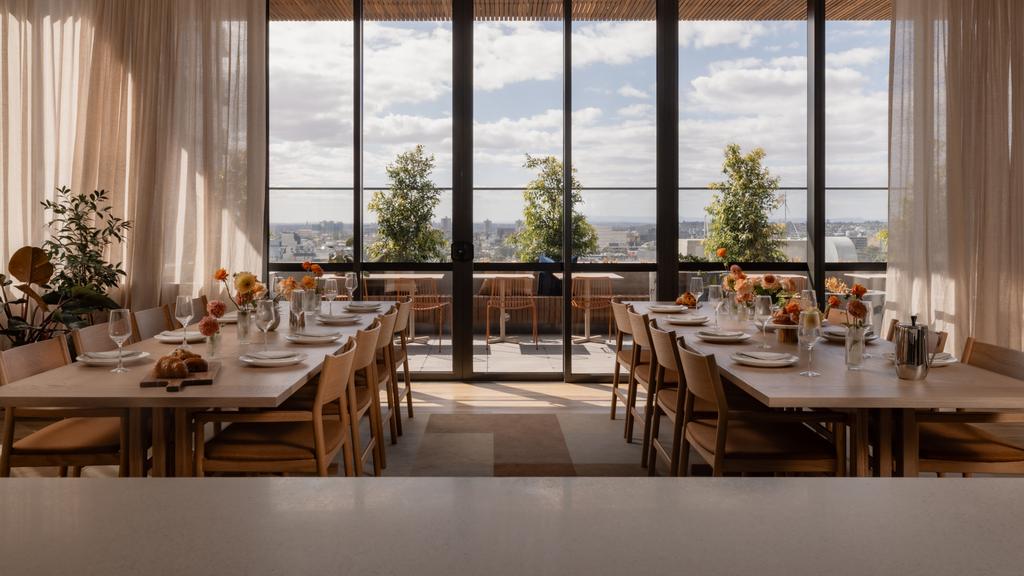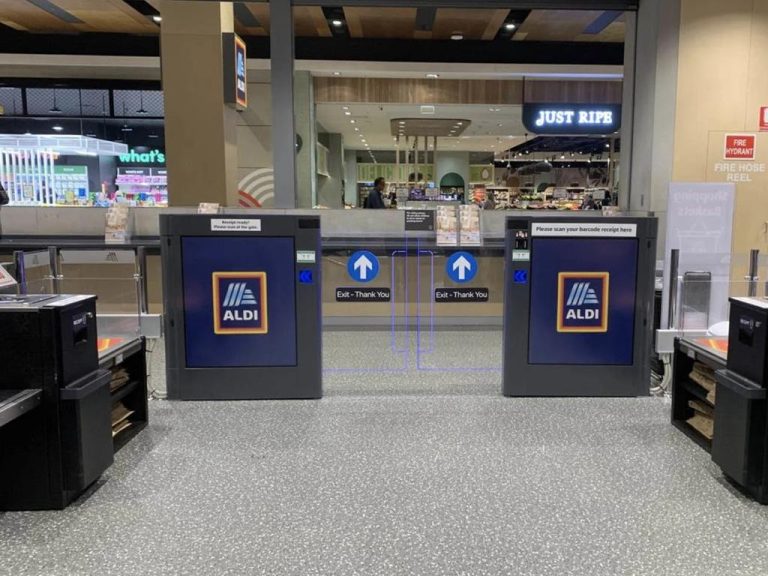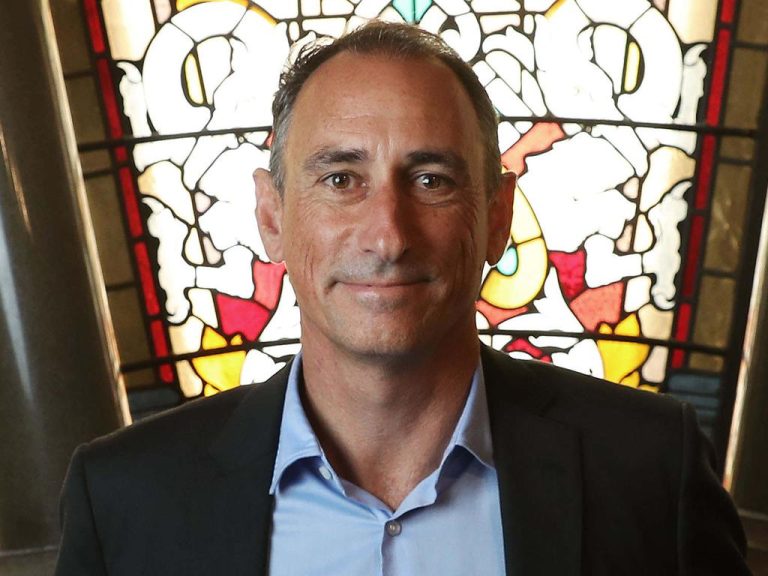Greystar readies for rental alliances with listed giants

Greystar’s Haiku Claremont build-to-rent complex in Melbourne’s South Yarra.
US rental housing giant Greystar has flagged a fresh push into both build-to-rent and student accommodation as works begin on its latest project in the inner-city Melbourne suburb of Kensington.
The company is bullish about both sectors after assembling a series of build-to-rent sites in major cities and acquiring a $1.6bn student portfolio with the backing of the Future Fund.
While the areas are separate, they position Greystar to capitalise on the rising demand for rental accommodation at a time when listed retail and office companies have flagged their interest in undertaking housing to address nationwide shortages.
Companies ranging from shopping centre giants Scentre and Vicinity Centres to funds managers Charter Hall and Dexus have flagged plans to undertake housing projects, and Greystar is keen to work with them and other land holders.
“We’re getting ourselves in a position, in the next few months … so from 2026 onwards to talk to groups like that, and other groups, about being their third-party property manager,” Greystar Australia managing director Matt Woodland said.
He said Greystar was opening itself up to taking on property management contracts with market competitors or other owners. “It’s a big part of what we do in the US, what we’re doing in the UK and Canada as well, so we’ll get ourselves into that space,” he said.
It will also look to be involved on the development side in concert with listed groups. “We’re always keen to talk to them. We’ve done deals with very similar groups to that in other markets, where we’ve done their development management and partnering with them on their opportunities,” he said.

Greystar Australia managing director Matt Woodland.
Greystar’s build-to-rent project in Kensington is its fourth in Victoria, and it also has a site in Sydney. It has appointed Kapitol, a Melbourne-based builder, for the Kensington development. The new $360m complex will have 443 apartments.
Greystar has launched three properties across Melbourne in the past year, amounting to 1300 new rental apartments, with another 600 in the Australian pipeline. The portfolio represents a combined investment of about $1.56bn. It will also manage a development in Melbourne’s Fitzroy that it sold to US group Pembroke earlier this year.
Mr Woodland said the group’s build-to-rent projects were attracting more Australians, rather than international students, who had poured into many CBD projects. He said Kensington would benefit from other operators also being in the area, with Assembly and Local projects being delivered or leasing up.
But the nascent build-to-rent industry has been a bit slower this year after a series of projects were unveiled several years ago.
Mr Woodland cited several forces behind the slower rates of new projects being secured. He called out “interest rates, construction costs, changes in the state regimes, particularly in Victoria, which makes it more difficult” for building.
The developer expects Melbourne, which was the original focus of the industry, to still be an epicentre, but operators with foreign backers will also be looking interstate.
“A lot of the foreign capital that can do multiple deals has some pretty good exposure to Melbourne,” Mr Woodland said. “So there’s probably increased focus on Sydney.” But he cautioned that Sydney had its own issues. “It’s much more difficult to make deals pencil there,” he said.
Greystar is looking at opportunities in Melbourne, but it is more difficult now as it faces the same issues as with planning nationally. But it cautions that state taxes in Victoria can “potentially be punitive”.
Mr Woodland warned that taxes could hamper the industry’s development as it remained dependent on offshore capital.
“Anything at the state or federal level that discourages foreign capital from building housing means that housing, right now, is just not going to get built, because local funds aren’t stepping up into the space,” he said.
Most states have fast-tracked planning or have pilot build-to-rent schemes, which is also creating opportunities. Mr Woodland said as more sites went through with planning approvals and the ability to be developed, it would put some downward pressure on land prices.
Greystar’s entry into student accommodation gave it assets in Brisbane, Canberra, Adelaide, Sydney and Melbourne – and it is keen to grow.
“We want to look at building up our student presence, particularly in Sydney, Melbourne, Brisbane and Adelaide, through developments, through fund agreements with other developers, and just looking at all ways to expand our portfolio,” Mr Woodland said.
Greystar is even thinking a little wider about potential solutions to the housing crisis.
“We’re working on alternative strategies as well in the housing space,” Mr Woodland said. “So we’re doing work on different building typologies and construction methods and trying to find ways to lower costs and open up other markets for us to develop.”







